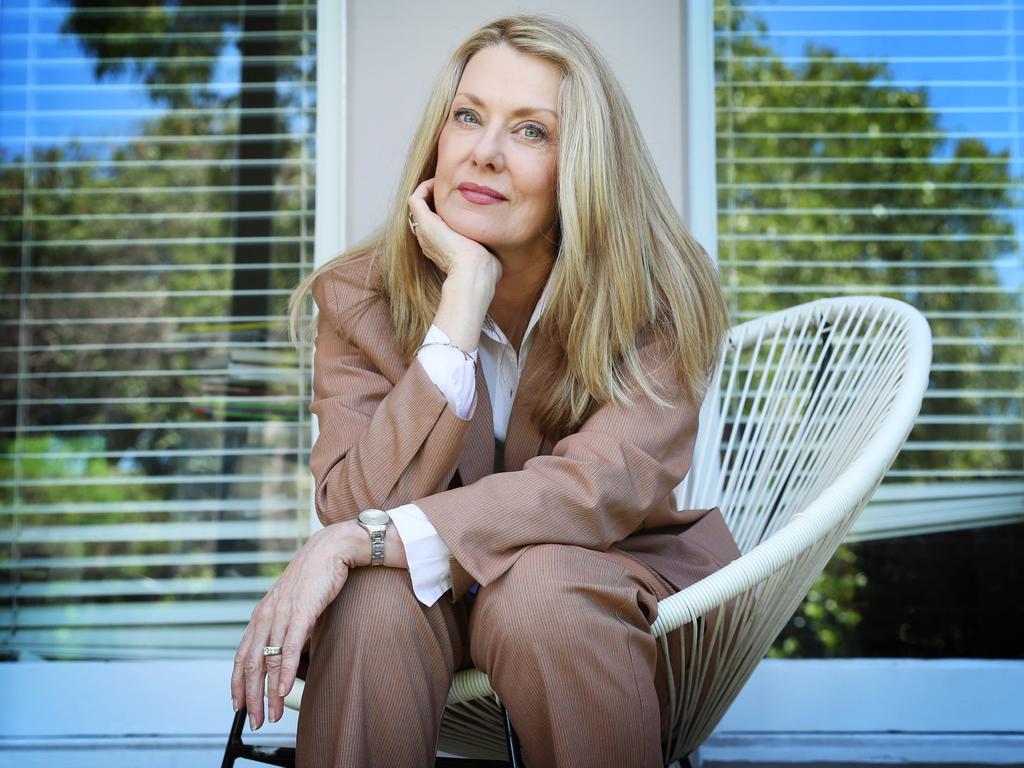
Don’t bet on it. The West is becoming more controlling. In the birthplace of John Locke, we’ve just witnessed a spate of arrests for people who were expressing their opinions.
This week Brazil joined France, Russia and China in banning video-sharing platform Rumble, just days after it shut down access to X for the same reason: refusing to crack down on misinformation and disinformation.
Last month French authorities arrested the chief executive and founder of Telegram, Pavel Durov, who faces jail time for “complicity” in the alleged crimes of some of the millions of users of his platform. And weeks before this, the European Union threatened Elon Musk for hosting an interview on his own platform with Donald Trump.

Meanwhile, central banks are itching to replace cash and bank deposits with “digital currencies”, whereby every private payment can and will be tracked, perhaps bringing an end to crime and certainly of privacy.
Make no mistake, governments across the West are seeking “no less than unfettered surveillance over our entire digital lives”, according to RMIT professor Chris Berg. Berg wrote: “The law enforcement dragnet is being widened from private financial transactions to private speech. If it is a crime to build privacy tools, there will be no privacy.”
It’s no wonder, then, that George Orwell’s Nineteen Eighty-Four, published in 1949, as a warning of what life might become, has rocketed up the bestseller charts in recent years.
Winston Smith’s horrible life at the Ministry of Truth doesn’t seem so foreign anymore. As big tech and artificial intelligence become increasingly sophisticated and ubiquitous, the potential to prosecute “thought crimes” is becoming a reality.
Just as “Oceania was always at war with Eurasia”, the US and its satellites are increasingly at war with Russia and China, as the populations of each side are bombarded with daily propaganda that casts the other as evil. State propaganda has proliferated in a way unimaginable even a decade ago. “The Party told you to reject the evidence of your eyes and ears. It was their final, most essential command.”
During the pandemic, “trust the science” was trumpeted relentlessly, even if much of it proved hopelessly wrong, and contrary to the observations of our eyes and ears. Masks are effective, lockdowns work, Covid vaccines are “safe and effective”. War is Peace, censorship is speech, men can be women. This is as it was for Smith – telling the truth is increasingly a revolutionary act.

Orwell’s classic text is rightly revered as one of the great books of the 20th century, but another, published in 1932, is more relevant for our times – Aldous Huxley’s Brave New World, set in 2450AD.
Huxley’s book speaks to a more likely future, where a “world state” ensures universal happiness underpinned by mandatory pleasure, mindless consumption and promiscuity, and genetic manipulation, where an endless flow of drugs and medicines keeps everyone content and “pneumatic”.
Look at us already. Ozempic, which promises to end obesity, is exploding. More than 131 million people – 66 per cent of all adults in the US – use prescription drugs, according to the US congress.
In Brave New World: “There’s always soma to calm your anger, to reconcile you to your enemies, to make you patient and long-suffering.”
We don’t yet have soma, which has “all the advantages of Christianity and alcohol; none of their defects”, but we do have mindless scrolling on social media, which doesn’t seem to far off.
Orwell’s future is simply too ghastly. In Huxley’s view, “most men and women will grow up to love their servitude and will never dream of revolution”.
Huxley’s propaganda machine was even more efficient than Orwell’s. “One believes things because one has been conditioned to believe them … Universal happiness keeps the wheels steadily turning; truth and beauty can’t,” World Controller Mustapha Mond explains to his young proteges.
Unlike Orwell’s future, dissent was tolerated: Huxley’s “noble savages”, who “didn’t want comfort” or soma, who instead wanted “God, poetry, real danger, freedom goodness and sin”, were banished to detention centres to be mocked. “Everyone belongs to everyone else,” Mond boasts, in a fashion eerily familiar to that appalling pandemic line: “Nobody is safe until everyone is safe.”

Synthetic food replaced meat, and just as reading is giving way to podcasts now, books were also discouraged in a Brave New World.
The rigid social hierarchy of Huxley’s world, of Alphas, Betas and Gammas, might not be too far-fetched either as so-called “coupling” becomes more class-based, as Charles Murray argues in his magisterial book, Coming Apart.
And perhaps the notion of world government isn’t so fanciful either; massive unwanted immigration has for decades been eroding the justification for individual nation states, as each embraces the same banal “values”, governed by ruling elites who have more in common with each other than their own people.
In explaining why he wrote Nineteen Eighty-Four, Orwell wrote: “Most intellectuals (were) perfectly ready for dictatorial methods, secret police, systemic falsification of history, etc, so long as they feel that it is on ‘our’ side.”
In his 1958 edition, Huxley forecast “the second half (of the century) may well be the era of the social engineers — and the 21st century, I suppose, will be the era of World Controllers, the scientific caste system and Brave New World.”
Huxley died on the same day as John F. Kennedy, which didn’t do wonders for the length of his obituaries, or the lasting fame of his great work. As our societies change rapidly for the worse, his book demands more attention.






The Labor government’s misinformation bill looks almost certain to pass, bestowing unprecedented powers on Australia’s bureaucracy to censor online speech “in the public interest” after a series of perfunctory assurances that freedom of speech won’t be impinged.